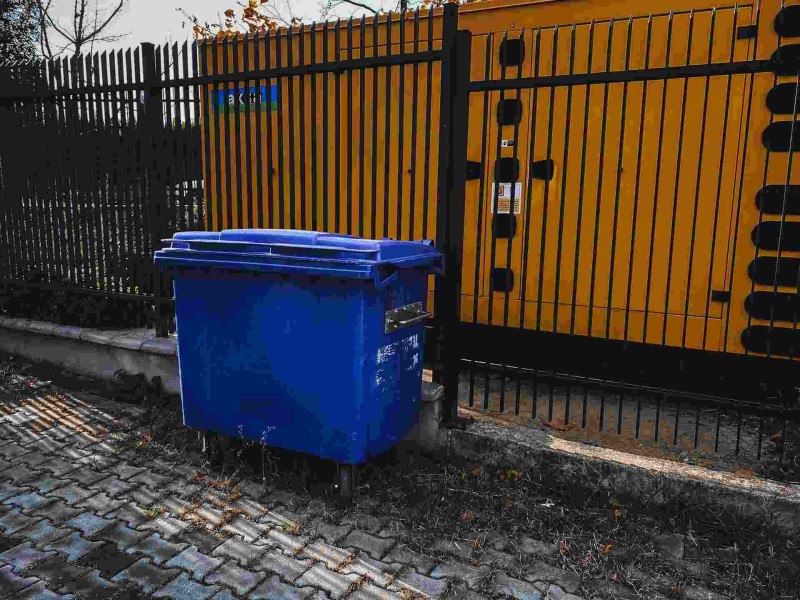Introduction
Dumpster diving, often associated with economic hardship, has evolved into a diverse and multifaceted practice with motivations extending beyond poverty. While financial constraints are a driving force for some, many individuals engage in dumpster diving for environmental, ethical, and social reasons. This article delves into the diverse motivations of dumpster divers, shedding light on the various perspectives that contribute to the popularity and acceptance of this unconventional lifestyle.
Economic Frugality
Traditionally, financial need has been a primary motivator for individuals to engage in dumpster diving. For those facing economic challenges, salvaging discarded items provides a means of acquiring necessities without the associated costs. Dumpster diving becomes a survival strategy, allowing individuals to stretch their limited budgets and meet basic needs.
Environmental Consciousness
Dumpster diving has gained traction as an environmentally conscious practice. Individuals concerned about the environmental impact of consumerism and waste turn to salvaging discarded items as a way to reduce their ecological footprint. By intercepting items before they reach landfills, dumpster divers actively contribute to waste reduction and promote a more sustainable way of living.
Anti-Consumerism and Minimalism
Dumpster diving aligns with the principles of anti-consumerism and minimalism. Advocates of these movements view excessive consumption as detrimental to both individuals and the planet. By salvaging items from dumpsters, individuals reject the culture of overconsumption and embrace a lifestyle that prioritizes conscious choices over material accumulation.
Community Building
Dumpster diving fosters a sense of community and sharing. Some individuals engage in this practice not only for personal benefit but also to redistribute salvaged items within their communities. Establishing networks for sharing surplus food or goods promotes a collaborative and supportive environment, reinforcing the idea that dumpster diving can be a communal effort.
Food Waste Awareness
Dumpster diving serves as a direct response to the alarming issue of food waste. Individuals motivated by a desire to combat food waste salvage edible items discarded by businesses. This form of activism raises awareness about the societal impact of excessive food disposal and challenges established norms surrounding food consumption and waste.
Creative Expression
For some, dumpster diving becomes a form of creative expression. Artists and DIY enthusiasts see discarded items as raw materials for their projects. Transforming salvaged materials into art, furniture, or other useful items not only reduces waste but also showcases the potential for creativity within the constraints of limited resources.
Philanthropy and Social Justice
Dumpster divers with a strong sense of social justice may engage in this practice to address broader issues such as poverty and inequality. By salvaging and redistributing items, these individuals contribute to initiatives that support marginalized communities and challenge systemic issues related to resource distribution.
Educational Advocacy
Dumpster divers often view their activities as a form of educational advocacy. By sharing their experiences through social media, blogs, or community engagement, they aim to educate the public about the impact of consumerism, the reality of waste, and alternative lifestyles that prioritize sustainability.
Conclusion
Beyond poverty, the motivations of dumpster divers are diverse and reflective of a changing societal landscape. While economic frugality remains a significant factor, the practice has evolved into a multifaceted movement encompassing environmental stewardship, anti-consumerism, community building, creative expression, philanthropy, and educational advocacy. Understanding these diverse motivations provides a more nuanced perspective on dumpster diving, highlighting its potential to contribute positively to both individual lives and broader societal issues.
